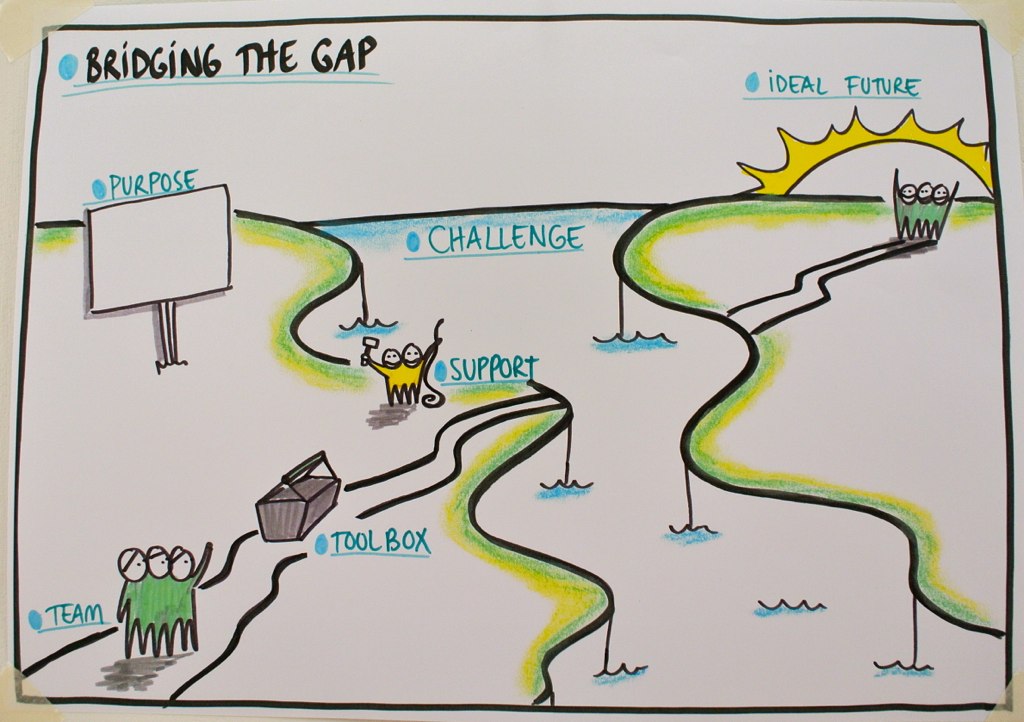
Health equity – the principle underlying a commitment to reduce—and, ultimately, eliminate—disparities in health and in its determinants, such as social, economic, and environmental factors – is a critical focus for Nigeria. The nation is currently facing a considerable challenge in its quest to ensure equitable health access and outcomes for all its citizens. From infrastructural deficits to a struggling public health system, disparities in health literacy and access to care, Nigeria’s path to health equity is fraught with difficulties. This article aims to examine these disparities, the efforts being made to alleviate them, and the path ahead for Nigeria to ensure health equity for all its citizens.
Disparities in Health Access and Outcomes
Nigeria, a nation of over 200 million people, is characterised by a striking dichotomy between urban and rural, rich and poor, in terms of health access and outcomes. According to the Nigeria Demographic and Health Survey (NDHS), significant differences exist between urban and rural areas in access to healthcare services, with urban areas often better served than their rural counterparts.
These disparities are also economic in nature. The wealthy are more likely to afford private health services that are generally better-resourced and offer higher quality care than public health services, which are often the only option for the poor.
Similarly, differences in health outcomes are stark. Child mortality rates, for example, are much higher among the poorest quintile than among the richest, and this gap has widened over the past two decades, as revealed by data from the World Bank.
Efforts Towards Health Equity

The Nigerian government and numerous non-governmental organisations (NGOs) are making concerted efforts to reduce these disparities and strive towards health equity. Several initiatives are underway, focusing on improving health infrastructure, raising awareness of health rights and services, increasing funding for public health services, and enhancing health education and literacy.
Initiatives such as the National Health Insurance Scheme (NHIS) aim to provide all Nigerians, regardless of income, with access to affordable healthcare. The scheme is particularly focused on protecting the most vulnerable sections of society, including the poor, the elderly, and those with disabilities.
NGOs are also playing a crucial role in this fight. The Health Reform Foundation of Nigeria (HERFON), for example, is actively involved in advocacy for improved health policies, while organisations like the Nigerian Health Watch utilise media and journalism to raise awareness about crucial health issues and promote accountability in the health sector.
The Path Ahead
While significant strides have been made towards achieving health equity in Nigeria, much work remains to be done. Key among these is the need for increased investment in public healthcare and the need to ensure that these investments reach the underserved rural and impoverished urban areas.
Furthermore, efforts to enhance health literacy and increase awareness of health rights and services must be scaled up, particularly among marginalised populations. Community-based interventions, leveraging the power of local institutions and structures, can be particularly effective in this regard.
In conclusion, health equity is not just a health issue – it is a matter of justice and human rights. Despite the daunting challenges, Nigeria’s quest for health equity is a journey worth undertaking. With continued commitment, strategic action, and collective will, it is a goal that is within reach.
Sources
- “Nigeria Demographic and Health Survey 2018”. National Population Commission (NPC) [Nigeria] and ICF. 2019. Retrieved from: https://www.dhsprogram.com/pubs/pdf/FR359/FR359.pdf
- “World Bank Open Data”. The World Bank. Retrieved from: https://data.worldbank.org/
- “National Health Insurance Scheme”. NHIS. Retrieved from: https://www.nhis.gov.ng/
- “Health Reform Foundation of Nigeria”. HERFON. Retrieved from: https://www.herfon.org.ng/
- “Nigeria Health Watch”. Nigeria Health Watch. Retrieved from: http://nigeriahealthwatch.com/




